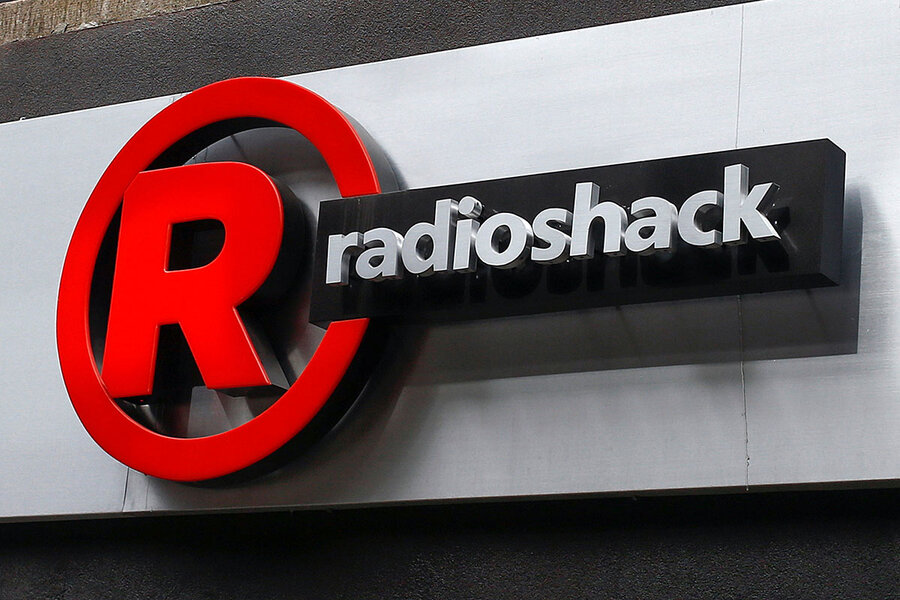I had to chuckle when I read this Verge article about Meta’s attorneys botching their document redactions during the FTC antitrust trial. Having spent three decades in the legal racket, it was shocking to me how often lawyers (and their staff) were completely flummoxed by the idea of digital redaction. Way more often than not, someone would just draw a black square on top of a PDF and send it to me, blissfully unaware that all the underlying text was still there, searchable, and easily extracted.
You’d think that by now they’d at least teach how to avoid this potential act of malpractice in law school. But alas, it appears they do not.
The funny part is, this isn’t even hard anymore. There are any number of PDF tools on the market today that will properly redact a document and permanently remove the underlying text. But time and again, we see these same mistakes, often in high-profile, high-stakes cases.
It’s easy to make fun of this stuff (and I do), but someday it might not be Apple’s secrets showing through a bad redaction job. It could just as easily be your Social Security number under one of those black boxes.
The legal profession has a complicated relationship with technology. Some lawyers are very tuned in, using tech to get real leverage in their practices. Others act like technology doesn’t exist at all, hoping to retire before it becomes their problem. Incidents like this show that the problem is already here, and pretending otherwise doesn’t help.

